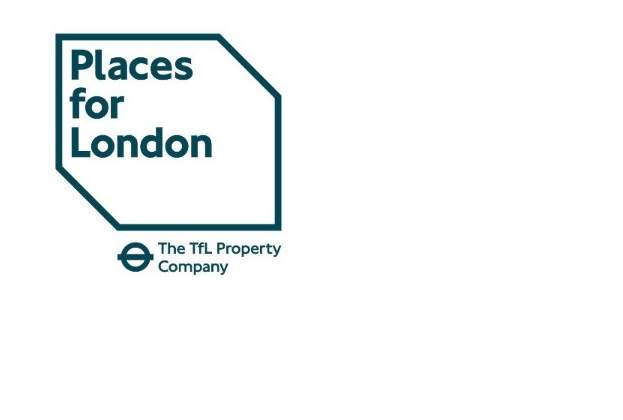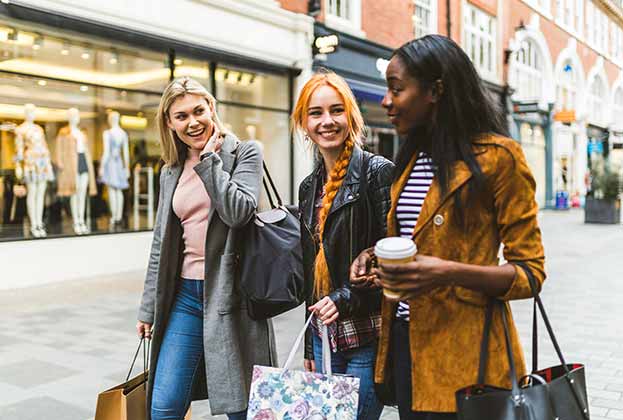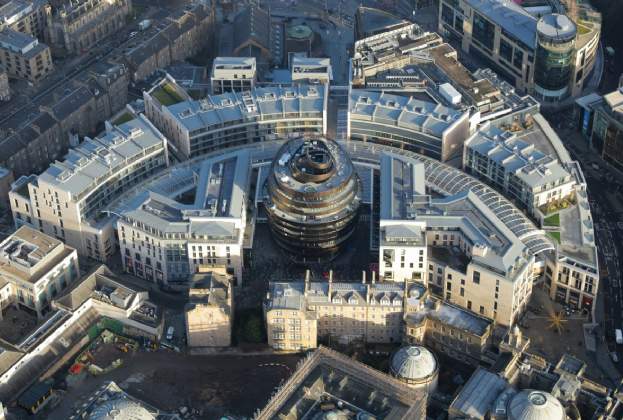Constant product innovations and changing consumer demands mean the beauty market is always evolving. In this age of social media and the much talked about ‘selfie’, looking good has never been so important. While beauty brands have long been showcasing their products via concessions in department stores, appetite for standalone stores is increasing as they seek to tap into ever-growing demand.
Savills research shows that five international beauty brands opened their first standalone stores in London in 2016, with US brand Deciem taking this up to six when it makes its UK debut at Tribeca’s Old Spitalfields Market later this year. Recent new entrants include Inglot, Estée Lauder and Jurlique, alongside some more established and UK brands such as Bobbi Brown, Jo Malone and Charlotte Tilbury, which opened standalone stores last year.
Luxury beauty brands have recognised the profile a standalone store can bring, and are seeing them as a natural progression from department store concessions. Capco’s Covent Garden is now home to a fast-growing ‘Beauty Quarter’, where high end brands such as Tom Ford, Armani, Chanel and Dior have all taken space, while Chanel has also opened a make-up parlour in Old Spitalfields Market. This type of aspirational yet high footfall location, close to numerous high-end fashion retailers, fits well with a luxury beauty brand’s core objectives, while also offering the opportunity to tap into younger and less affluent customer markets.
Additionally, many of these new stores offer concepts not found elsewhere, as luxury beauty brands increase their focus on customer engagement and creating a more experiential offer. Chanel’s beauty stores, for example, use lighting technology to allow customers to see how their make-up would look in a range of different lights and situations. At The Burberry Beauty Box in Covent Garden, customers can visit the Digital Runway Nail Bar to virtually ‘try on’ new shades, or have a personalised Beauty Styling consultation, before paying by iPad while their products are wrapped.
For luxury beauty brands, there is no suggestion that these standalone stores will replace their department store concessions. Instead, the two offers can complement each other in raising brand awareness and attracting new customers in an increasingly competitive beauty market. The benefits for landlords are also clear, as securing strong luxury brands (even when simply offering beauty rather than their full product range) helps to draw in further footfall to their scheme, as well as attracting other high profile retail brands.
Further information
.jpg)



.jpg)

.jpg)



.jpg)